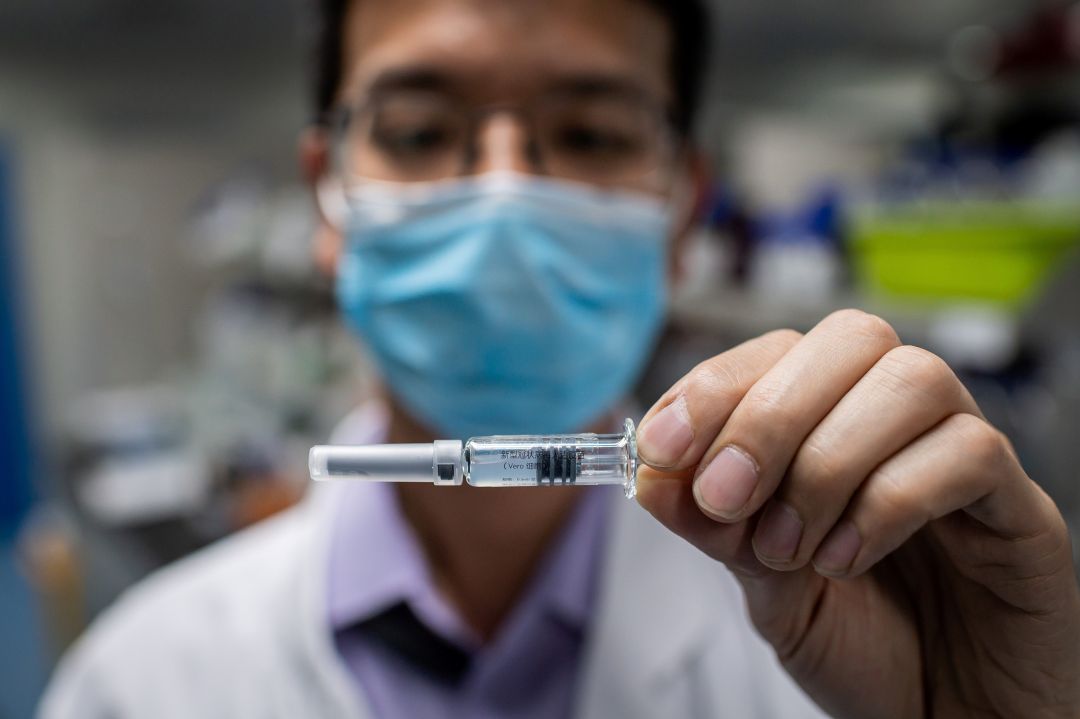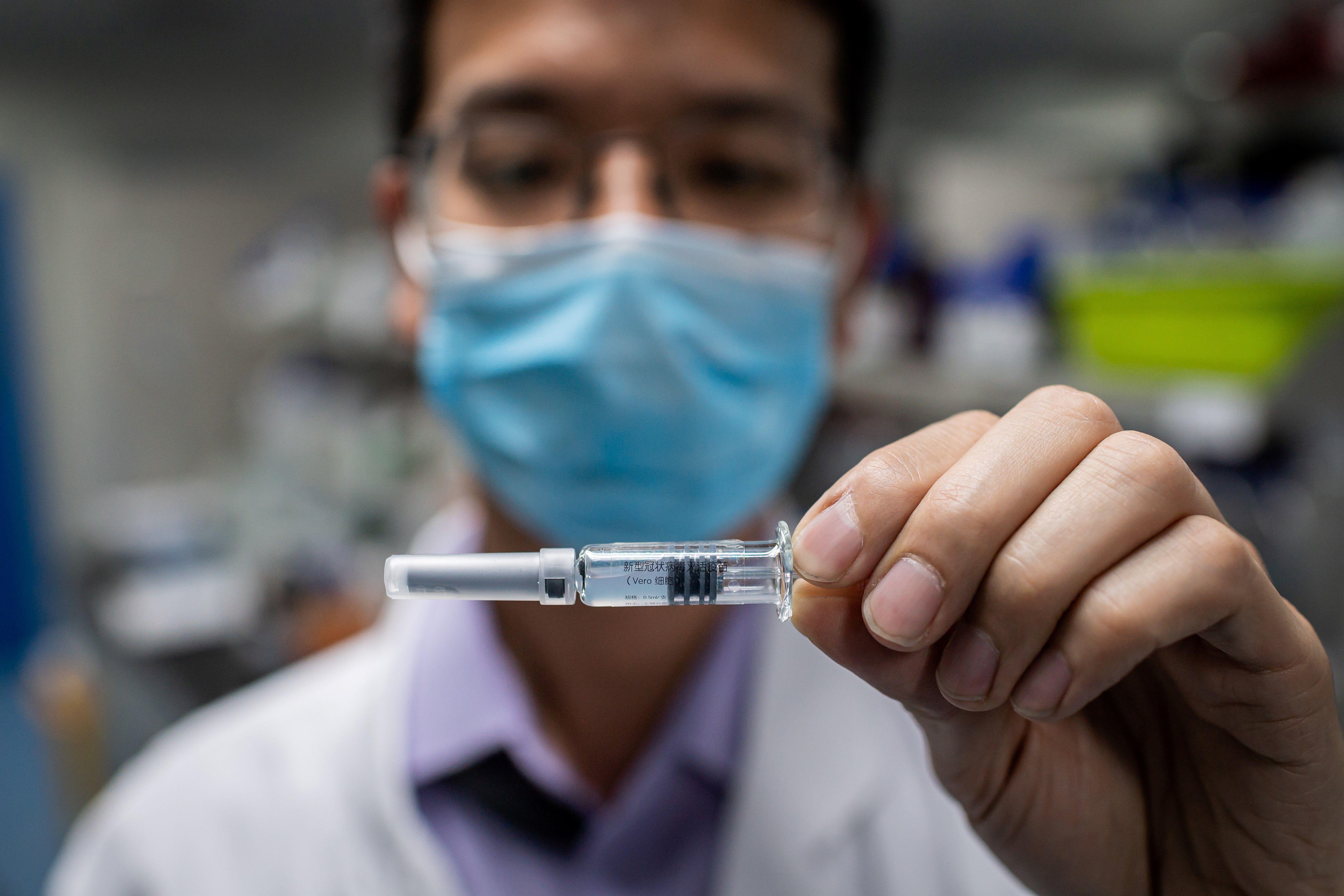The effect that a commercially-available vaccine would have on the global economy was amply demonstrated on Monday afternoon. The FTSE 100 jumped by more than 4 per cent after an announcement from US drug company Moderna that results of phase one vaccine trials had been successful. Development of a vaccine has become an international race with Moderna, the AstraZeneca-Oxford University project and Chinese work among those in the frame.
The government would be advised to stop dangling the elusive possibility of a vaccine arriving by this September
Of all of them, Moderna has a headstart. Its trial vaccine, mRNA-1273, was first sequenced on 13 January, just two days after China shared the sequence for Sars-CoV-2, the virus which causes Covid-19. The first batch of vaccines ready for trials were delivered on 7 February. In the results announced on Monday, Moderna said that doses of the vaccine as low as 25 microgrammes had been shown to produce similar levels of antibodies in human volunteers of those seen in natural infection by the virus. Equally important, the company announced that the vaccine had proved ‘generally safe and well-tolerated’. The firm will now move to phases two and three of the trial – the latter involving thousands of volunteers, due to begin in July.
The company’s timetable, however, will raise questions about our own government’s proposals to prepare the manufacture of commercial quantities of a UK vaccine by September, laid out by business secretary Alok Sharma on Sunday. Moderna has said of its own project that while an emergency vaccine might be available for use by medical staff from the autumn of this year, it is unlikely that commercial quantities could be made available before the spring or summer of 2021.
That would be highly welcome, of course, and would allow the world to call an effective end to the Covid-19 pandemic. But the fact that the company leading the global effort has said a vaccine won’t be a reality for at least 12 months underlines the impossibility for either the UK government, or any government, to rely on a vaccine to lift lockdown. No economy can withstand a lockdown that lasts at least until the spring of 2021.
The government would be advised to stop dangling the elusive possibility of a vaccine arriving by this September and plan for how the economy can be coaxed back into life well before a vaccine becomes available.
This article is free to read
To unlock more articles, subscribe to get 3 months of unlimited access for just $5








Comments
Join the debate for just £1 a month
Be part of the conversation with other Spectator readers by getting your first three months for £3.
UNLOCK ACCESS Just £1 a monthAlready a subscriber? Log in